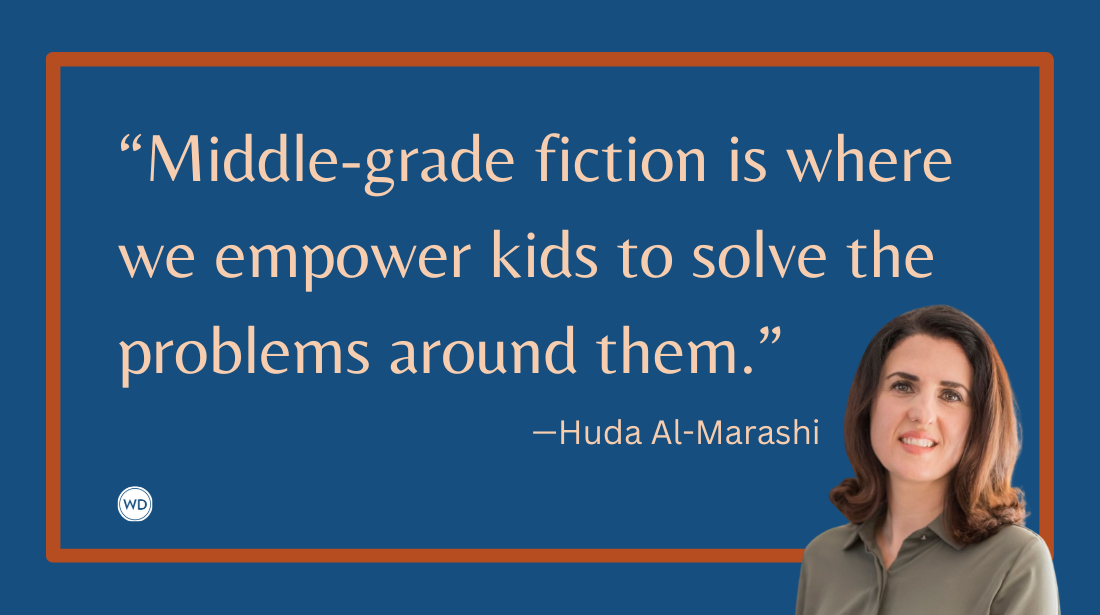Novel Writing: 10 Questions You Need to Ask Your Characters
You simply cannot write a good novel without knowing your characters inside and out. Here are the top 10 questions you need to be able to answer about each of your characters.
The most important part of your novel is the part that will never be seen by the reader. It’s the part that’s just for you. It’s the part that only you know. Well, you and your character, that is.
It’s the character study. You simply cannot write a good novel without knowing your characters inside and out.
There are so many ways to do a character study. It can be a letter your character writes to a friend, it can be a confession your character makes to her shrink, or it can even be a list of things you want to know about her.
Sometimes, when I’m away from my computer, I imagine my character walking around with me. Long line at the drug store? Hmm, how would my character react to that? Friend late for lunch—would my character wait, or just walk out in a huff? Car cut you off in traffic? Would my character yell out loud, or take in it stride?
Some writers like to tackle character studies before writing even a word of the book. But for me, I like to dive into a book and just start free writing, figuring things out as I go. Then, when the dreaded writer’s block inevitably sets in, that’s when I’m able to take a step back and think about what I’m writing. There’s no need to step away from your computer—in fact, I find that when I’m blocked, walking away from the keyboard is the worst thing I can do. It reinforces the idea that I’m blocked. And writing begets writing, so don’t stop.
Novelist Gillian Flynn wrote the most quoted part of her blockbuster, Gone Girl, as a character study. The “cool girl” speech was something she wrote when she was blocked, and it made its way into the finished product.
But your character studies don’t have to make their way into your WIP. In fact, some people think they shouldn’t. In my current WIP, my character studies became part of the first draft. I felt it was important to give the reader the back stories on my enormous cast of characters, to fully flesh out all of the players. My wonderful editor, Brenda Copeland, recently sent this great Stephen King quote to me:
“The most important things to remember about back story are that (a) everyone has a history and (b) most of it isn’t very interesting.” —Stephen King
I love that quote! So, we cut the backstories. Each and every one of them. And it hurt. Man, did it hurt! But, you know what? Their backstories didn’t change. They just made their way into the narrative in a more organic way. Because of those character studies, I know my characters inside and out, and I think that when an author really knows her characters, truly knows them at their core, that comes out in the writing.
10 questions you need to ask your characters
- How old is she? (And how old is she mentally? Is she a 40-year-old in the body of a 16-year-old, or vice versa?)
- Did she have a happy childhood? Why/why not?
- Past/ present relationships? How did they affect her?
- What does she care about?
- What is she obsessed with?
- Biggest fear?
- What is the best thing that ever happened to her? The worst?
- Most embarrassing thing that ever happened to her?
- Biggest secret?
- What is the one word you would use to define her?
What are some of your own questions that you ask yourself when it comes to character? What do you think every author needs to know about her characters?
*****
If you want to learn how to write a story, but aren’t quite ready yet to hunker down and write 10,000 words or so a week, this is the course for you. Fiction Writing 102: Building Your Novel will offer you the impetus, the guidance, the support, and the deadline you need to finally stop talking, start writing, and, ultimately, complete that novel you always said you wanted to write.
Brenda Janowitz is the author of Scot on the Rocks, Jack with a Twist, and The Lonely Hearts Club. Her work has also appeared in the New York Post, Publisher’s Weekly, Long Island Woman Magazine, Mom.me, Hello Giggles, and xoJane. You can find her at brendajanowitz.com and on Twitter at @BrendaJanowitz.









